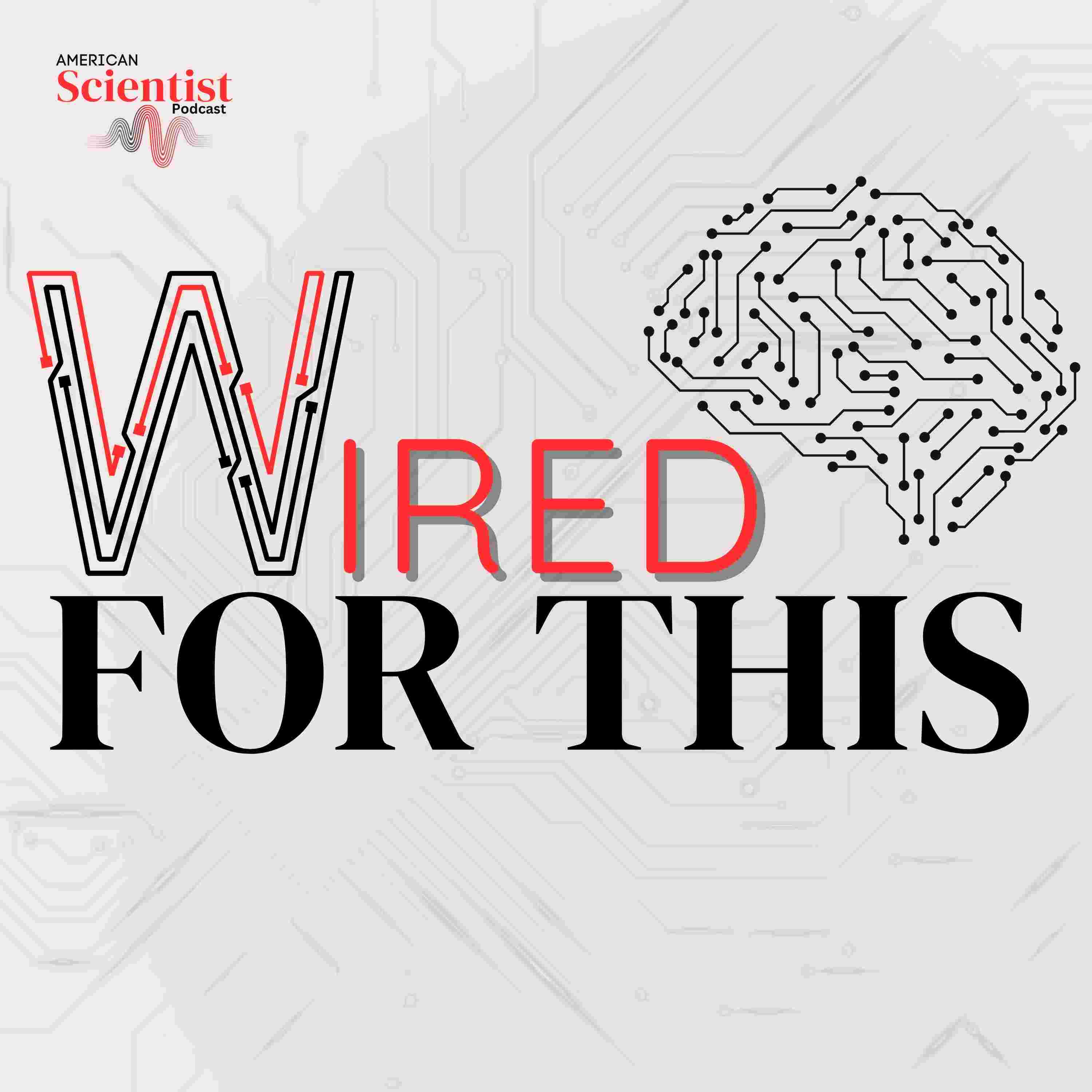

In this episode, we're talking about how we consume, process, and share information—and how all of this is changing as our relationships with technology evolve.
Jason Lodge is the Director of the Learning, Instruction, and Technology Lab and Professor of Educational Psychology in the School of Education at The University of Queensland, in Australia. He explores the cognitive, metacognitive, and emotional aspects of learning, particularly in higher education and digital environments. He’s also an award-winning educator and advisor to the Australian Government on technology in education.
Philipp Lorenz-Spreen leads the junior research group “Computational Social Science” within the Center Synergy of Systems at TU Dresden, in Germany. He and his team study the societal impact of digitalization, and how complex online discourse affects democracies worldwide.
Links/Sources mentioned:
Dr. Jason Lodge’s website
Some of Dr. Lodge’s relevant studies:
Lodge, J. M., Yang, S., Furze, L., & Dawson, P. (2023). It’s not like a calculator, so what is the relationship between learners and generative artificial intelligence?. Learning: Research and Practice, 9(2), 117-124.
Lodge, J. M. (2023). Misjudgements of Learning in Digital Environments. Pedagogy and Psychology in Digital Education, 239–247.
Arguel, A., Lockyer, L., Kennedy, G., Lodge, J. M., & Pachman, M. (2019). Seeking optimal confusion: a review on epistemic emotion management in interactive digital learning environments. Interactive Learning Environments, 27(2), 200-210.
Panadero, E., Broadbent, J., Boud, D., & Lodge, J. M. (2019). Using formative assessment to influence self-and co-regulated learning: the role of evaluative judgement. European Journal of Psychology of Education, 34, 535-557.
Scharff, L., Draeger, J., Verpoorten, D., Devlin, M., Dvorakova, L. S., Lodge, J. M., & Smith, S. V. (2017). Exploring metacognition as a support for learning transfer. Teaching and Learning Inquiry, 5(1).
Dr. Philipp Lorenz-Spreen’s website
Some of Dr. Lorenz-Spreen’s relevant studies:
Philipp Lorenz-Spreen, Oswald, L., Lewandowsky, S., & Hertwig, R. (2022). A systematic review of worldwide causal and correlational evidence on digital media and democracy. Nature Human Behaviour, 7(1), 74–101.
Baumann, F., Lorenz-Spreen, P., Sokolov, I. M., & Starnini, M. (2020). Modeling Echo Chambers and Polarization Dynamics in Social Networks. Physical Review Letters, 124(4).
Philipp Lorenz-Spreen, Bjarke Mørch Mønsted, Philipp Hövel, & Lehmann, S. (2019). Accelerating dynamics of collective attention. Nature Communications, 10(1).
Other relevant links:
van den Broek, G., Takashima, A., Wiklund-Hörnqvist, C., Karlsson Wirebring, L., Segers, E., Verhoeven, L., & Nyberg, L. (2016). Neurocognitive mechanisms of the “testing effect”: A review. Trends in Neuroscience and Education, 5(2), 52–66.
Brian Resnick for Vox: Yes, the internet is destroying our collective attention span.
Jason Lyon for Quanta Magazine: To Pay Attention, the Brain Uses Filters, Not a Spotlight
Wired For This is produced and edited by Nwabata Nnani and hosted by Celia Ford.
American Scientist has been in publication since 1913 and is published by the nonprofit Sigma Xi, the Scientific Research Honor Society. The magazine focuses on producing narrative-driven features by scientists about their own peer-reviewed work. The publication also produces shorter-form staff-written news articles, as well as blogs, multimedia, and social media. See more at www.americanscientist.org
Subscribe to American Scientist: https://subscribe.americanscientist.org/AMS/?f=paid
Music by Nat Keefe
Follow us on social media: